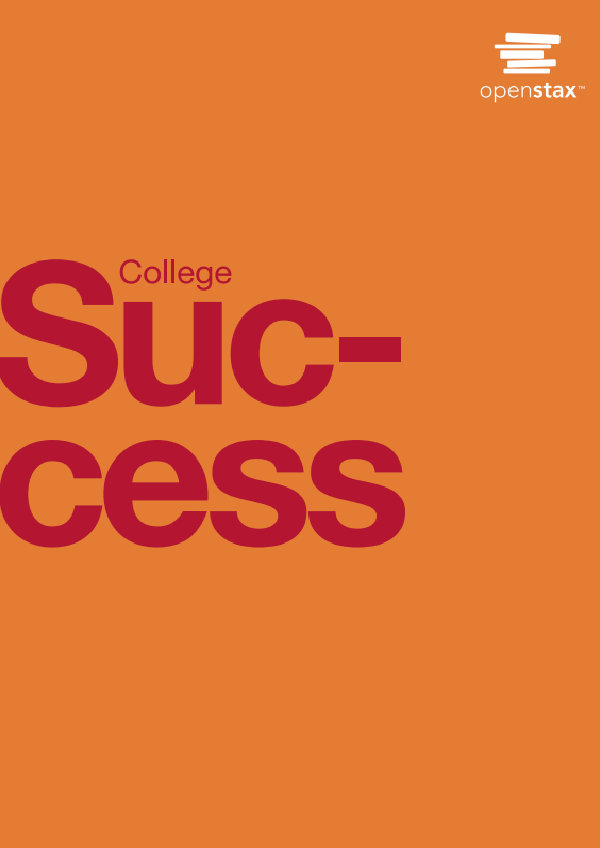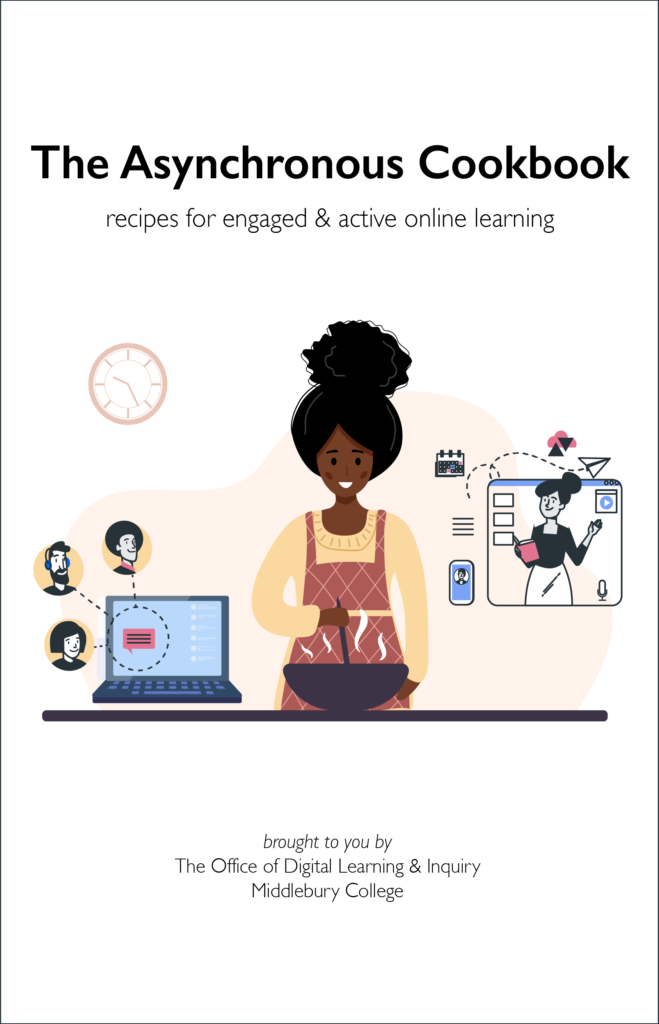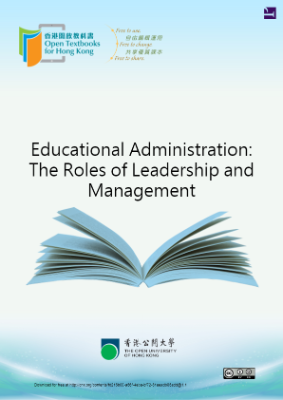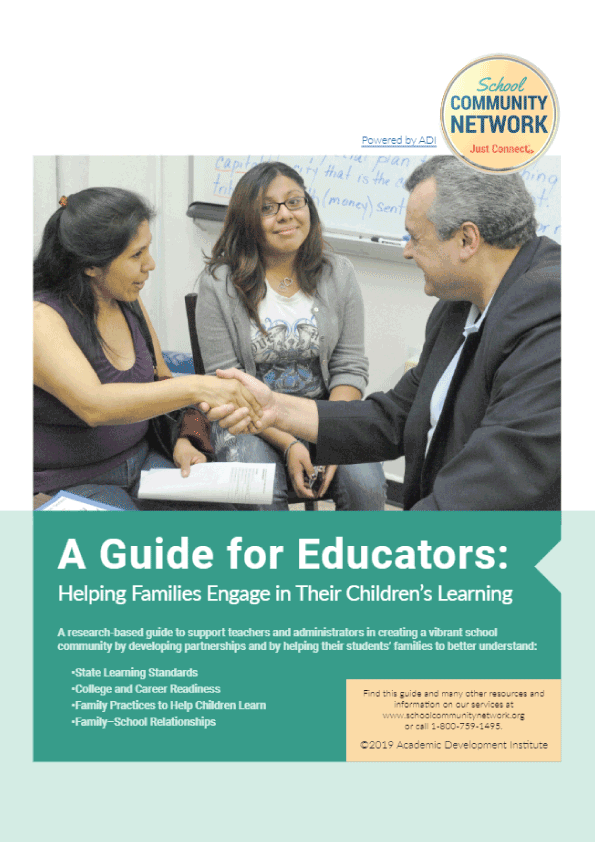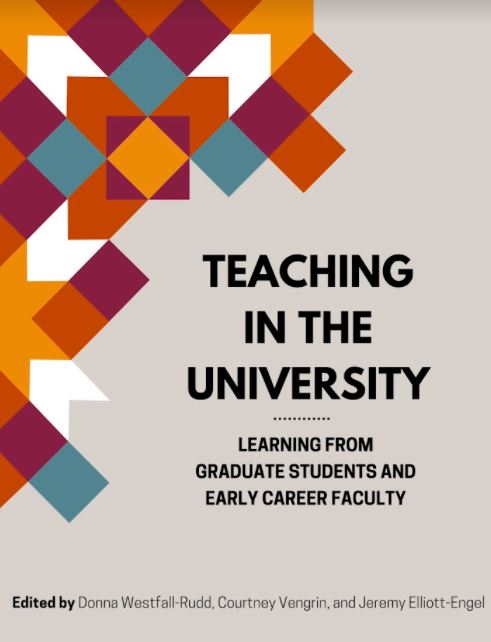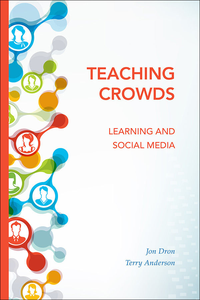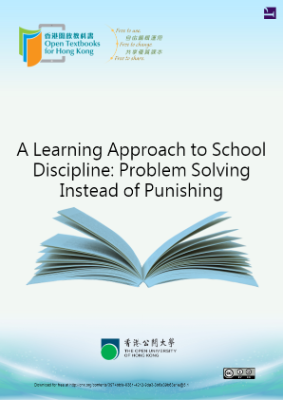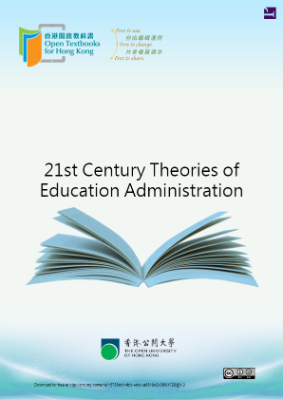Introduction
A college is an educational institution or a constituent part of one. A college may be a degree-awarding tertiary educational institution, a part of a collegiate or federal university, an institution offering vocational education, or a secondary school.
How do you feel about your ability to meet the expectations of college? These questions will help you determine how the chapter concepts relate to you right now. As we are introduced to new concepts and practices, it can be informative to reflect on how your understanding changes over time. We’ll revisit these questions at the end of the chapter to see whether your feelings have changed.
Why College?
Questions to consider:
• Why are you in college?
• What are the rewards and value of a college degree?
• Why this course?
This chapter started with the profiles of two students, Reginald and Madison, but now we turn to who you are and why you are in college. Starting this chapter with you, the student, seems to make perfect sense. Like Reginald and Madison, you are probably full of emotions as you begin this journey toward a degree and the fulfillment of a dream. Are you excited about meeting new people and finally getting to take classes that interest you? Are you nervous about how you are going to handle your courses and all the other activities that come along with being a college student? Are you thrilled to be making important decisions about your future? Are you worried about making the right choice when deciding on a major or a career? All these thoughts, even if contradictory at times, are normal. And you may be experiencing several of them at the same time.
Why Are You in College?
We know that college is not mandatory—like kindergarten through 12th grade is—and it is not free. You have made a choice to commit several years of hard work to earn a degree or credential. In some cases, you may have had to work really hard to get here by getting good grades and test scores in high school and earning money to pay for tuition and fees and other expenses. Now you have more at stake and a clearer path to achieving your goals, but you still need to be able to answer the question.
To help answer this question, consider the following questioning technique called “The Five Whys” that was originally created by Sakichi Toyoda, a Japanese inventor, whose strategy was used by the Toyota Motor Company to find the underlying cause of a problem. While your decision to go to college is not a problem, the exercise is helpful to uncover your underlying purpose for enrolling in college.
The process starts with a “Why” question that you want to know the answer to. Then, the next four “Why” questions use a portion of the previous answer to help you dig further into the answer to the original question. Here is an example of “The Five Whys,” with the first question as “Why are you in college?” The answers and their connection to the next “Why” question have been underlined so you can see how the process works.
While the example is one from a student who knows what she wants to major in, this process does not require that you have a specific degree or career in mind. In fact, if you are undecided, then you can explore the “why” of your indecision. Is it because you have lots of choices, or is it because you are not sure what you really want out of college?
